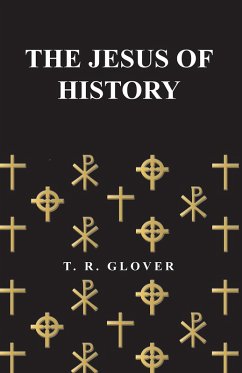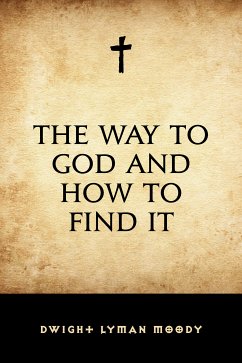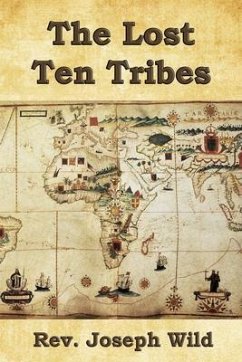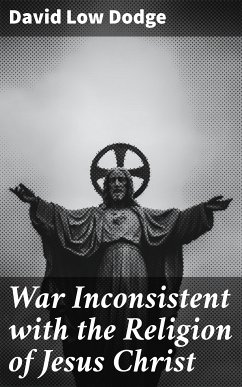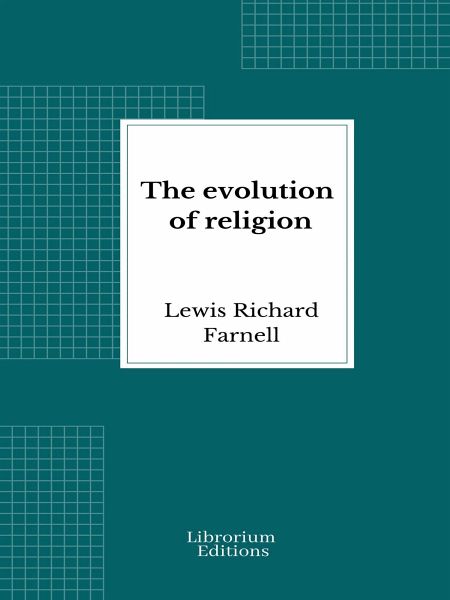
The evolution of religion (eBook, ePUB)
An anthropological study
Versandkostenfrei!
Sofort per Download lieferbar
2,99 €
inkl. MwSt.
Weitere Ausgaben:

PAYBACK Punkte
0 °P sammeln!
The reasonable and sympathetic study of the various religions of mankind, which are perhaps the clearest mirror we possess of human feeling, aspiration, and thought in its highest and lowest forms, is only possible for the individual or for the age that feels no constraining call to suppress and obliterate all save one cherished creed. Such study began, as we should expect, in the earlier Hellenic period, the Hellenic religion throwing few or no obstacles in the way of undogmatic investigation; and the first anthropologist of religion is Herodotus. Then among Hellenistic scholars and those of ...
The reasonable and sympathetic study of the various religions of mankind, which are perhaps the clearest mirror we possess of human feeling, aspiration, and thought in its highest and lowest forms, is only possible for the individual or for the age that feels no constraining call to suppress and obliterate all save one cherished creed. Such study began, as we should expect, in the earlier Hellenic period, the Hellenic religion throwing few or no obstacles in the way of undogmatic investigation; and the first anthropologist of religion is Herodotus. Then among Hellenistic scholars and those of pre-Christian Rome there were some who devoted themselves to the collection and exposition of the religious institutions of foreign races. But save a few short treatises, such as Plutarch's De Iside et Osiride, Sallustius' De Diis et Mundo, Lucian's De Dea Syria, nothing has survived beyond the titles and the fragments of their works; and by an irony of fortune we owe much of our knowledge of Hellenic and other religions of the Mediterranean area to the Christian controversialists, who reveal many of the essential features of the various pagan creeds in order to expose them to obloquy: they could not anticipate that we should gather as the fruit of their labours a better appreciation than we could otherwise have gained of the religions which they strove to destroy, and possibly of Christianity itself.
Dieser Download kann aus rechtlichen Gründen nur mit Rechnungsadresse in A, B, BG, CY, CZ, D, DK, EW, E, FIN, F, GR, HR, H, IRL, I, LT, L, LR, M, NL, PL, P, R, S, SLO, SK ausgeliefert werden.





